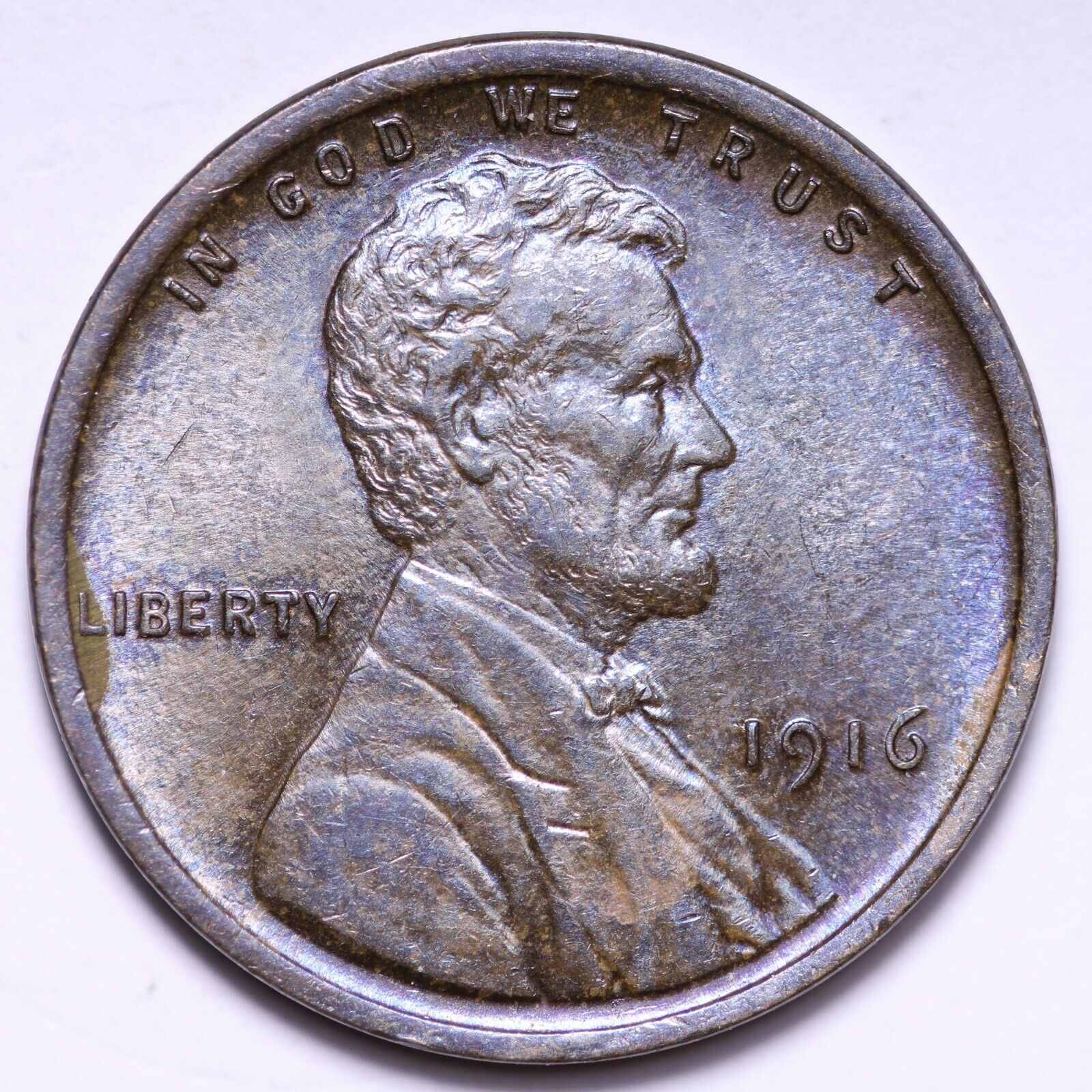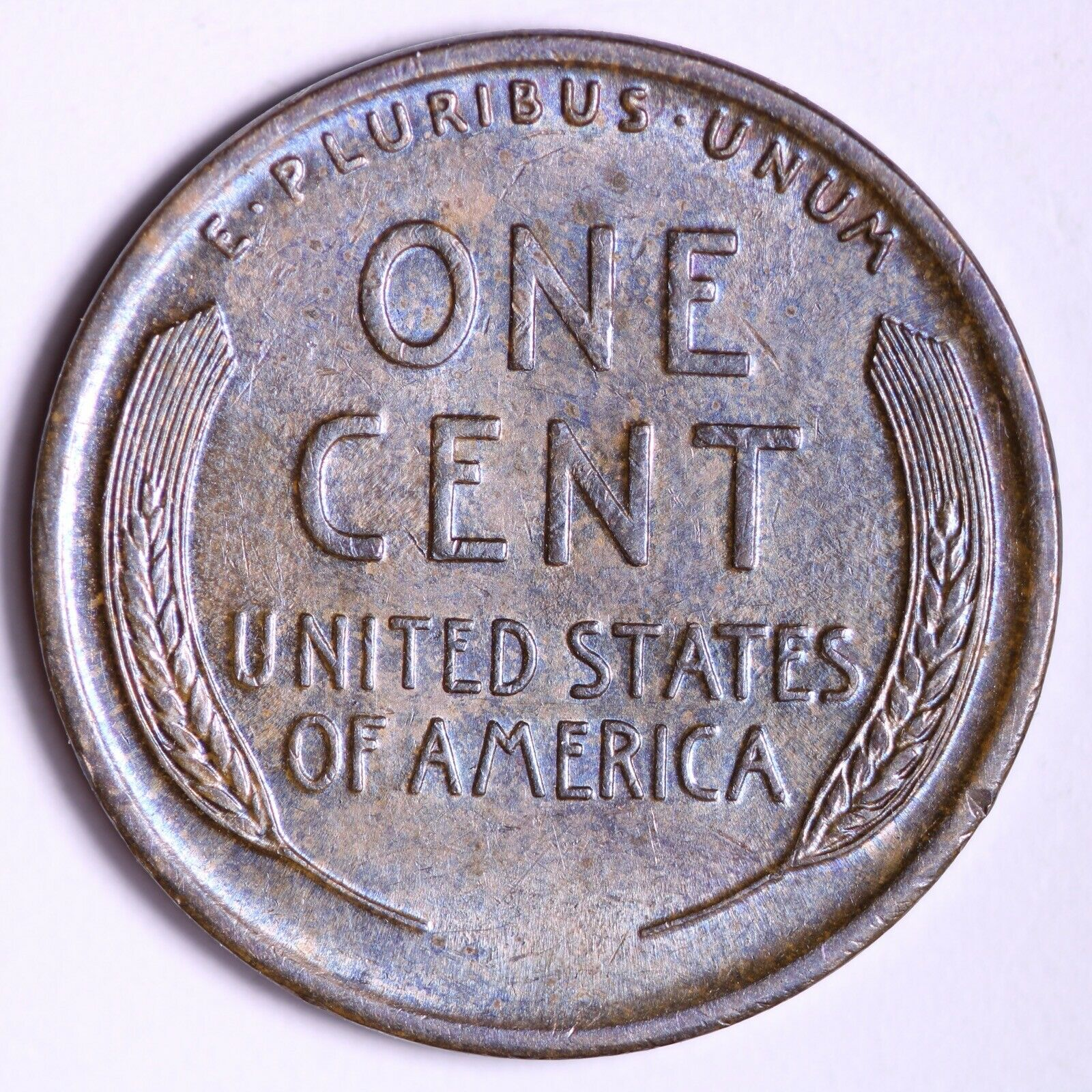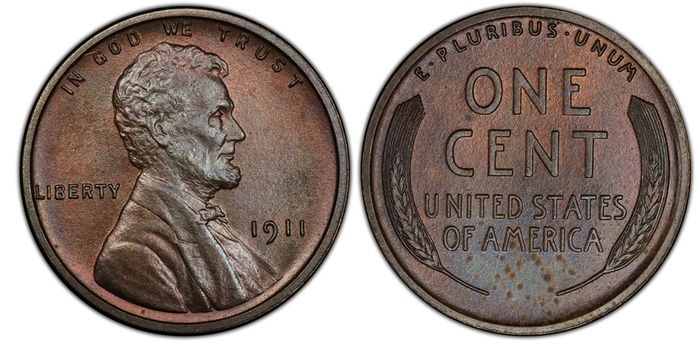Matte proof Lincoln?
 alpha33
Posts: 297 ✭✭✭
alpha33
Posts: 297 ✭✭✭
Could this possibly be a circulated matte proof?

0
 alpha33
Posts: 297 ✭✭✭
alpha33
Posts: 297 ✭✭✭
Could this possibly be a circulated matte proof?

Comments
Looks like a regular circulation strike cent. Note the weakness in rims on the reverse left and right rims.
1916 was also the year the Lincoln cent master dies were reworked so they had more detail after the wear on the master dies and hubs of previous years, so there are a lot of these circulation strike prices with good details and strike. They appear at a glance to be matte proofs but do not have the rims or the true fullness of strike a true proof would.
The edge is mirrored on a matte proof.
It’s not a Proof.
Think about this for a moment... Based on the coin’s appearance, if a Proof were worth less than a business strike, would you have asked in the first place?
Mark Feld* of Heritage Auctions*Unless otherwise noted, my posts here represent my personal opinions.
Definitely not a proof, as noted above. The edge is rounded when it should be squared, the strike is not nearly as sharp as you’d see on a real MPL, and the luster looks too brilliant rather than satiny.
You may have struck out this time, but keep trying!
The better question is; why on earth would you think this might be a circulated proof? Take your time and answer the question honestly and it might give you feedback as to where you need more knowledge.
In honor of the memory of Cpl. Michael E. Thompson
It's a touchy subject brought up by many hopefuls that instead of paying big bucks for a coin with less than 3,000 minted somehow the gods smiled upon you and you find one in the wild. It's happened, but those folks KNEW it was a MPL because they KNEW what to look for. Everyone just looks at the rims. But that's only one diagnostic. And if you ever hold MPL in you hand - well, all I can say is it's so different than a business strike. Lets take a look at one from Coinfacts...Does this look like yours? I recommend Kevin Flynns book on MPLs and its readily available if your interested in these special cents.
WS

None of the 1916 diagnostics can be seen on your coin. As others have said the rims are wrong. The surface is also missing the sandblasted finish.
- Bob -

MPL's - Lincolns of Color
Central Valley Roosevelts
Don't worry about it, you're fine. Even though it might be the first time you asked, this topic (among others) comes up here all the time. There are a number of "Get Rich Hunting Rare Coins" videos on youtube and people who are unfamiliar with the hobby are sometimes a tad optimistic regarding their finds. What the youtube video guys don't tell you is that the odds of finding some of the things they say are out there are about the same as winning the powerball lottery.
No
@alpha33 said:
soooo sorry to bother you all.
I felt like you for a long while. The feeling is wrong. You are NOT bothering anybody.
If you never posted the thread you would have never gotten the answer.
Pete
@alpha33... You are not 'a bother'.... You asked a legitimate question... You got the answer and further details. It is part of learning. Please continue, enjoy the hobby, ask questions and learn more. Cheers, RickO
I have only ever seen one circulated proof, it was an AU58 but I forget which year. You are much, much more likely to find a PR64 than a circulated proof. Of course, finding one in the first place is difficult but not impossible.
Check out my iPhone app SlabReader!